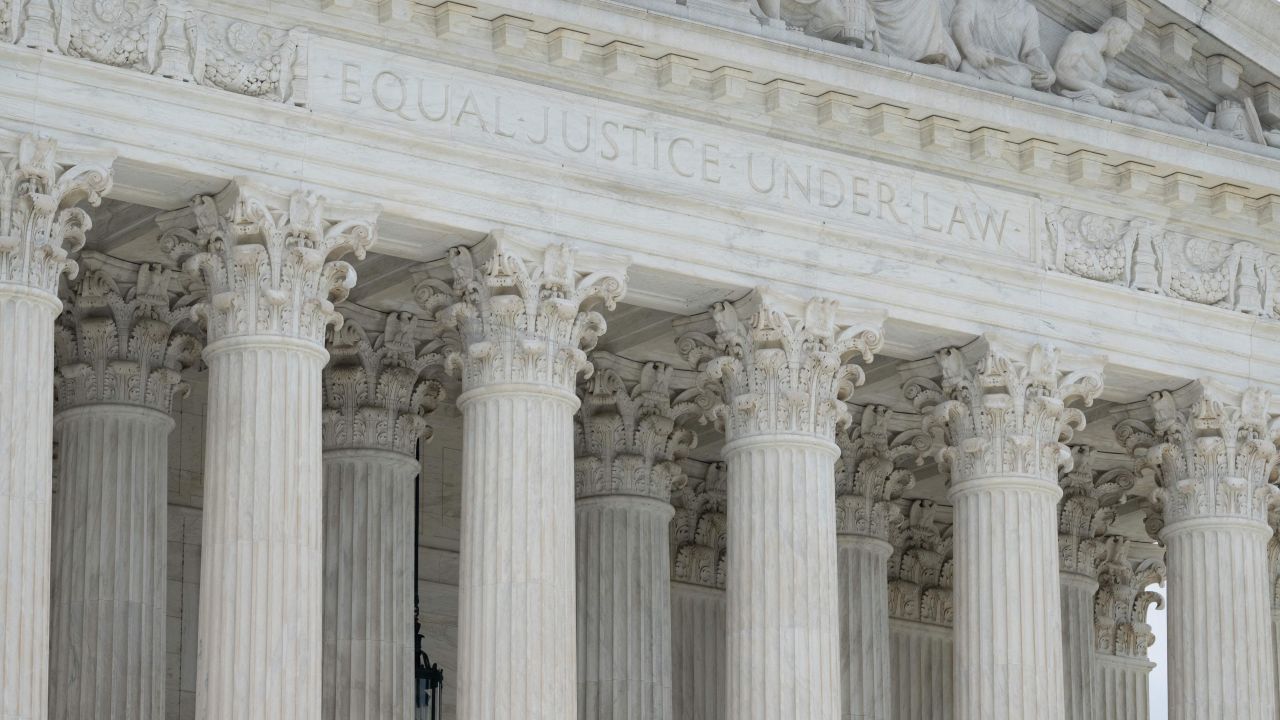The recent ruling by the Supreme Court against the Chicago handgun ban represents a significant juncture in the ongoing national discourse surrounding Second Amendment rights. In a decision laden with constitutional implications, the Court has cemented its position on the interpretation of individual rights regarding firearm ownership. This development not only reverberates across the state of Illinois but potentially sets a precedent that could shape gun legislation on a broader spectrum.
The Chicago handgun ban, enacted in 1982, was one of the most stringent regulations of its kind in the country. It prohibited the possession of handguns within city limits, ostensibly to combat rampant gun violence. However, proponents of gun rights have long asserted that such bans infringe upon the fundamental rights enshrined in the Second Amendment. The Supreme Court’s decision to strike down the ordinance underscores a growing judicial inclination toward expanding gun ownership rights.
This ruling arrives at a time marked by escalating tensions between advocates for gun control and those defending personal liberties. Proponents of stricter gun laws often argue that limiting access to firearms is essential for public safety, aiming to reduce the incidence of gun-related incursions. Conversely, advocates for the right to bear arms argue that the ability to possess firearms is integral to individual protection and resistance against tyranny.
One key aspect of the ruling centers on the Court’s interpretation of the “right to bear arms.” By emphasizing an individual’s liberty to own handguns for self-defense, the justices have invoked a broad reading of the Second Amendment. This decision reflects a growing trend in judicial philosophy favoring personal freedoms over regulatory restraint, giving rise to concerns among those who champion rigorous gun control measures.
Expectations in the wake of this ruling are multifaceted. Lawmakers in Chicago may be compelled to revisit existing firearm regulations, perhaps seeking alternative avenues to promote public safety while adhering to constitutional mandates. Furthermore, this decision could spur other jurisdictions with similar bans to reassess their laws to avoid constitutional quandaries.
The implications for the future of gun legislation are profound. Legal experts anticipate a ripple effect influencing cases at various levels of government. A potential challenge to state laws may arise, encouraging a wave of litigation that tests the boundaries of gun rights and legislative authority. The Supreme Court’s decision serves as a clarion call, redrawing the battle lines in the national debate over gun control and opening up discourse on balancing individual rights with collective safety.
As discussions evolve, cities grappling with gun violence must forge innovative strategies that honor both the Second Amendment and public safety. Local communities will likely grapple with this political, social, and legal dynamism, examining the intersections of rights and responsibilities as they endeavor toward a more harmonious societal framework.
